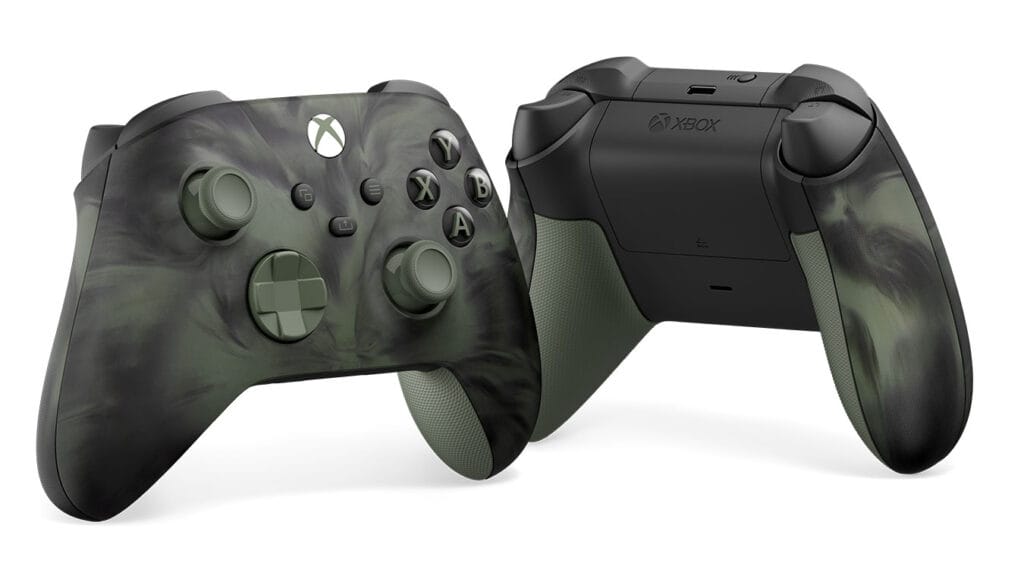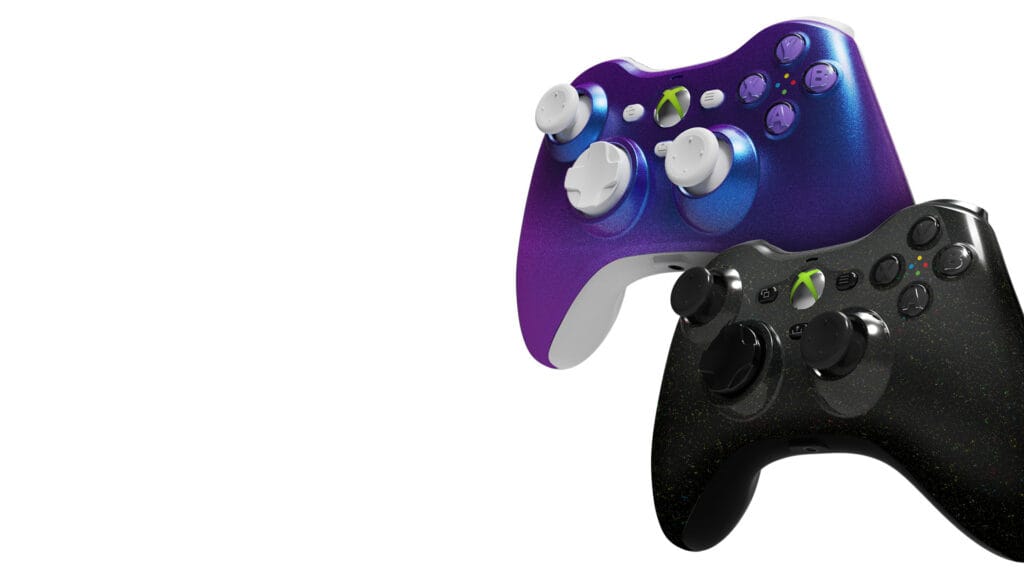Choosing between a wireless and wired Xbox controller can be tricky for gamers who prioritize performance, convenience, and cost. Both options have their strengths and weaknesses, and the right choice often depends on your gaming style and preferences. In this article, we’ll compare wireless and wired Xbox controllers to help you decide which one is the perfect fit for your setup.
The Case for Wired Xbox Controllers

Wired controllers have been a staple of gaming since its inception, and they still hold their ground in modern setups.
Advantages:
- Zero Input Lag: A direct connection ensures no delay between button presses and on-screen actions, making wired controllers ideal for competitive gaming.
- Plug-and-Play Convenience: Simply connect to your console or PC and start playing without worrying about batteries or charging.
- Cost-Effective: Wired controllers are often more affordable than their wireless counterparts.
Disadvantages:
- Limited Mobility: The tethered cable restricts movement, which can be inconvenient for gamers who sit farther from their screens.
- Cable Wear and Tear: Frequent use can cause cables to fray or break over time, leading to potential replacement costs.
The Case for Wireless Xbox Controllers

Wireless controllers are synonymous with freedom and convenience, offering flexibility that wired options can’t match.
Advantages:
- Mobility and Freedom: Without cables, you can sit or move freely during gameplay, enhancing comfort.
- Clean Setup: No cables mean a tidier gaming area with less clutter.
- Versatility: Wireless controllers often come with Bluetooth functionality, allowing easy connection to PCs, smartphones, and other devices.
Disadvantages:
- Potential Input Lag: While minimal, wireless controllers may introduce slight latency, noticeable only in competitive gaming scenarios.
- Battery Dependency: Rechargeable batteries or disposable AA batteries require regular charging or replacement.
- Higher Price: Wireless controllers are usually more expensive than wired ones.
Head-to-Head Comparison
| Feature | Wired Controllers | Wireless Controllers |
| Input Lag | Zero lag | Minimal lag |
| Mobility | Restricted by cable | Complete freedom |
| Cost | Budget-friendly | More expensive |
| Setup Cleanliness | Cable clutter | Tidy setup |
| Battery Dependency | No batteries required | Requires batteries or charging |
Conclusion
The choice between a wireless and wired Xbox controller boils down to your gaming style. If you value zero input lag, affordability, and simplicity, a wired controller is your best bet. On the other hand, if mobility, flexibility, and a clean setup are priorities, a wireless controller offers unmatched convenience. Whichever you choose, both options deliver the quality and performance Xbox controllers are known for.
FAQs
1. Is there a noticeable difference in input lag between wired and wireless controllers?
For casual gaming, the difference is negligible. However, wired controllers have an edge in competitive gaming due to their zero input lag.
2. Can I convert a wired controller into a wireless one?
No, wired controllers cannot be converted into wireless controllers, but wireless adapters can expand connectivity options for wireless controllers.
3. How long do wireless controller batteries last?
Depending on usage, AA batteries can last around 20-30 hours, while rechargeable batteries last 10-15 hours per charge.
4. Are wired controllers compatible with all devices?
Most wired controllers work seamlessly with Xbox consoles and PCs. Some older models may require additional drivers for PC use.
5. Do professional gamers prefer wired or wireless controllers?
Professional gamers often prefer wired controllers for their reliability and zero input lag, crucial in competitive environments.






